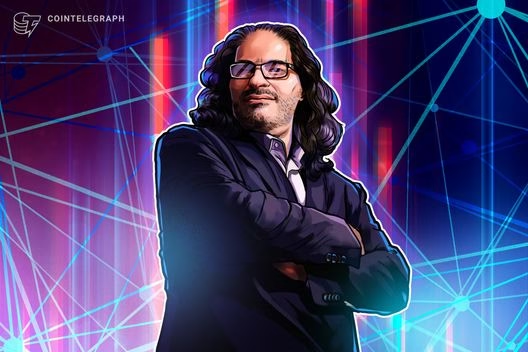In a recent revelation, Ripple’s Chief Technology Officer, David Schwartz, opened up about a regrettable moment from his past involving rock legend Ozzy Osbourne. During an event intended for authentic fan interaction, Schwartz faced challenges that led him to censor Osbourne, ultimately detracting from the experience he aimed to create for fans.
Schwartz admitted, “I cheated. To me personally, it was a failure, but to everyone else it was a success,” reflecting on his role at WebMaster. As he typed out responses to fan questions for Osbourne and the band members of Black Sabbath, he realized that fans were solely interested in Osbourne’s responses. Despite expressing his desire for a broader Q&A format, the reality was stark: virtually all inquiries were directed toward the iconic frontman. Schwartz stated, “I specifically asked the moderators to give me questions that weren’t for Ozzy. There just weren’t any.”
To keep the other band members involved, Schwartz resorted to using pre-written “canned questions.” He passed these to the remaining band members in rotation, combining their responses with scripted answers provided by their manager. This approach, while necessary, conflicted with his objective of fostering genuine interactions between fans and their rock idols. “It wasn’t the authentic interaction with celebrities that I wanted it to be,” Schwartz lamented.
Furthermore, Schwartz disclosed that he had to sanitize some of Osbourne’s responses by censoring profanity, particularly the notorious “C-word.” He recalled, “Ozzy’s answer featured the C-word a lot. I typed up Ozzy’s answer as closely as I could, probably getting it way off due to the poor connection quality. I censored the C-words.” This decision highlighted the challenges of maintaining authenticity while catering to a public audience.
As tributes flooded in following Osbourne’s passing at the age of 76, a bizarre trend emerged in the cryptocurrency market. Memecoins inspired by Ozzy saw staggering increases, with one known as The Mad Man (OZZY) surging over 16,800%, reaching a market cap of $3.85 million. The juxtaposition of Schwartz’s regrets with the ongoing legacy of Osbourne reveals the complexities surrounding celebrity interactions in the digital age and raises questions about authenticity in fan engagement.
In the end, Schwartz’s story serves as a poignant reminder that while technology facilitates celebrity interactions, it can also obscure the genuine connections that fans crave. His candidness about his past actions offers valuable insights into how the balance between professionalism and authenticity can often lead to uncomfortable compromises.







